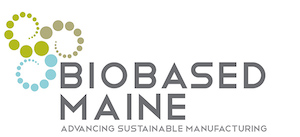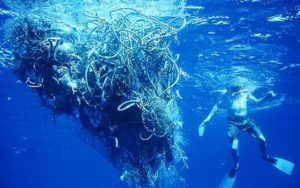Plastics to Outweigh Fish in Oceans by 2050
A new report published by the World Economic Forum, “The New Plastics Economy: Rethinking the future of plastics” highlights the true cost of our reliance on petrochemical plastics. According to the report, after just one use, 95% of the value of plastic packaging is lost to the economy. And much of it ends up in the ocean. By 2050, plastic will outweigh fish in our oceans and will account for 15% of the global annual carbon budget.
Traditional plastic is made from fossil feedstocks, which have a significant carbon impact, contributing to climate change. Over 90% of plastics are made from virgin fossil feedstocks, yet only 14% of plastic packaging is collected for recycling. Not only is plastic made from fossil fuels, but it often contains a complex blend of chemicals, many of which are toxic and damaging to human health.
Biobased Maine promotes the replacement of climate and ocean-damaging fossil carbon with carbon from renewable resources, like biomass from Maine’s forest, farm, and sea. There is a rising global demand for biobased plastics, particularly for the food and beverage markets. If manufactured with sustainability in mind, including how readily it breaks down in marine environments, biobased plastics made from sustainably-harvested natural resources can help mitigate the climate crisis and reduce petrochemical plastics in oceans.

